You see, I’ve been through
The desert on a horse with no name
It felt good to be out of the rain
In the desert you can remember your name
‘Cause there ain’t no one for to give you no pain– America, A Horse With No Name
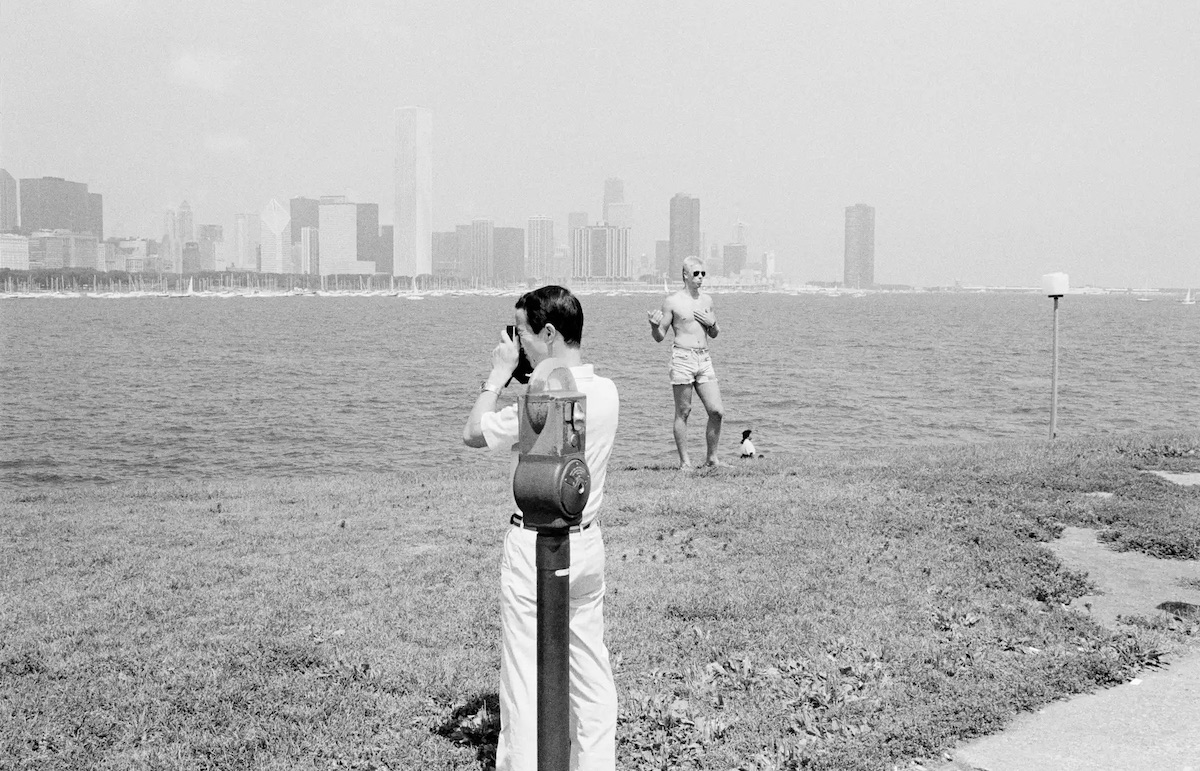
We don’t know where British photographer Michael Ormerod took these pictures as her travelled around the US in the 1970s. He gave them no captions. From the late 1970s, Ormerod and his partner frequently travelled to and through the US in a VW camper van using William Least Heat-Moon’s autobiographical travel book Blue Highways as an inspiration and guide.
Heat-Moon (pen name of William Trogdon) set out with little more than the need to put home behind him and a sense of curiosity about “those little towns that get on the map – if they get on at all – only because some cartographer has a blank space to fill: Remote, Oregon; Simplicity, Virginia; New Freedom, Pennsylvania; New Hope, Tennessee; Why, Arizona; Whynot, Mississippi.”
Heat-Moon wrote about his adventures, his discoveries, and his recollections of the people he encountered along the way amount to a revelation of the true American experience. Ormerod took their pictures, inviting us to imagine the stories.
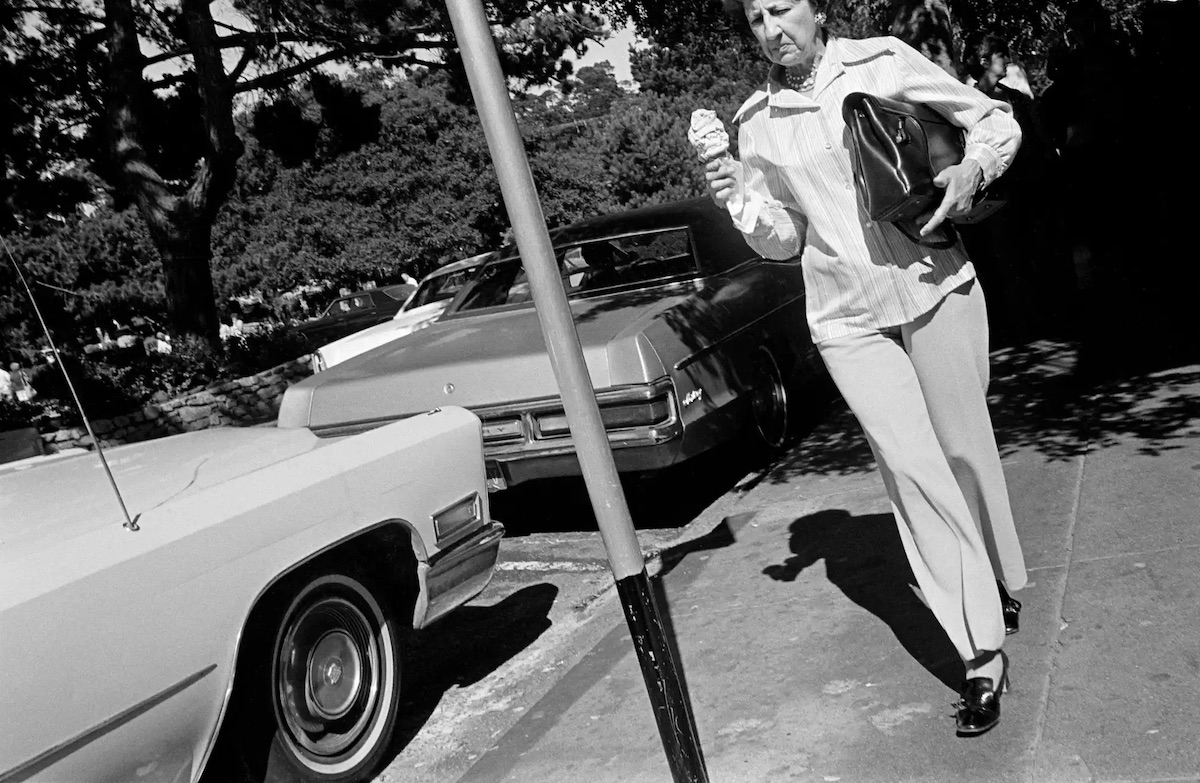
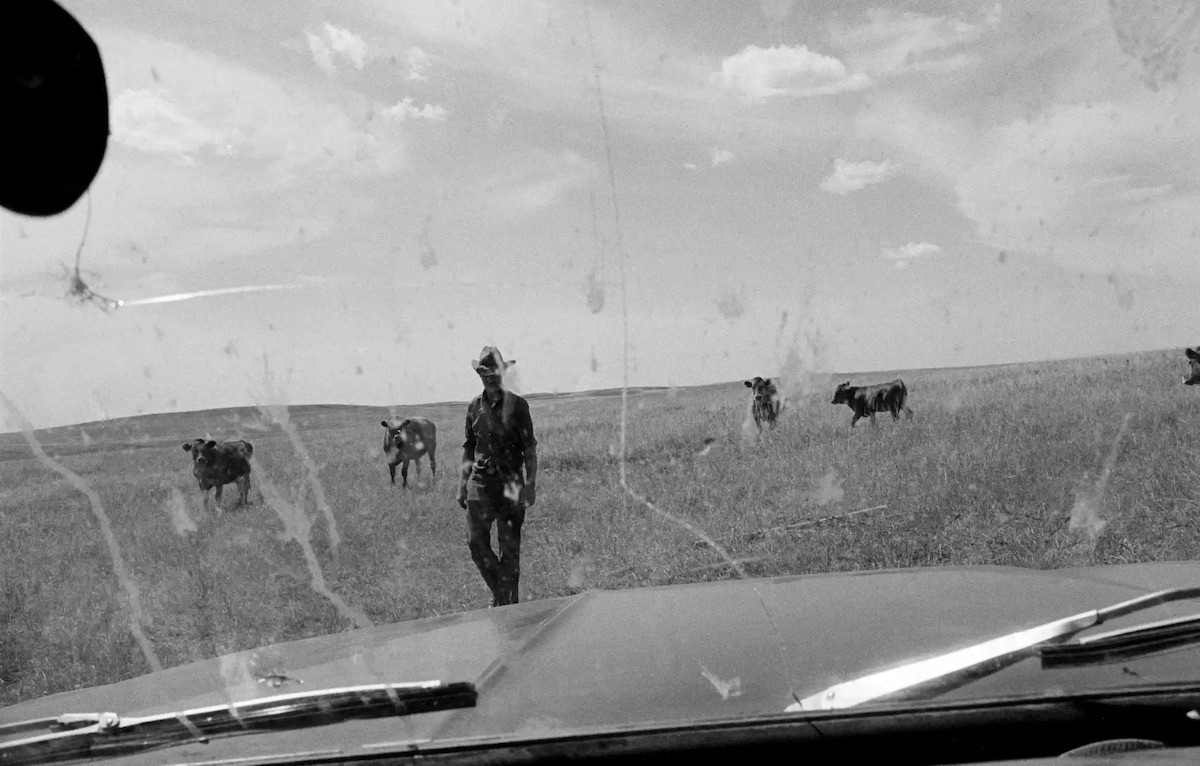
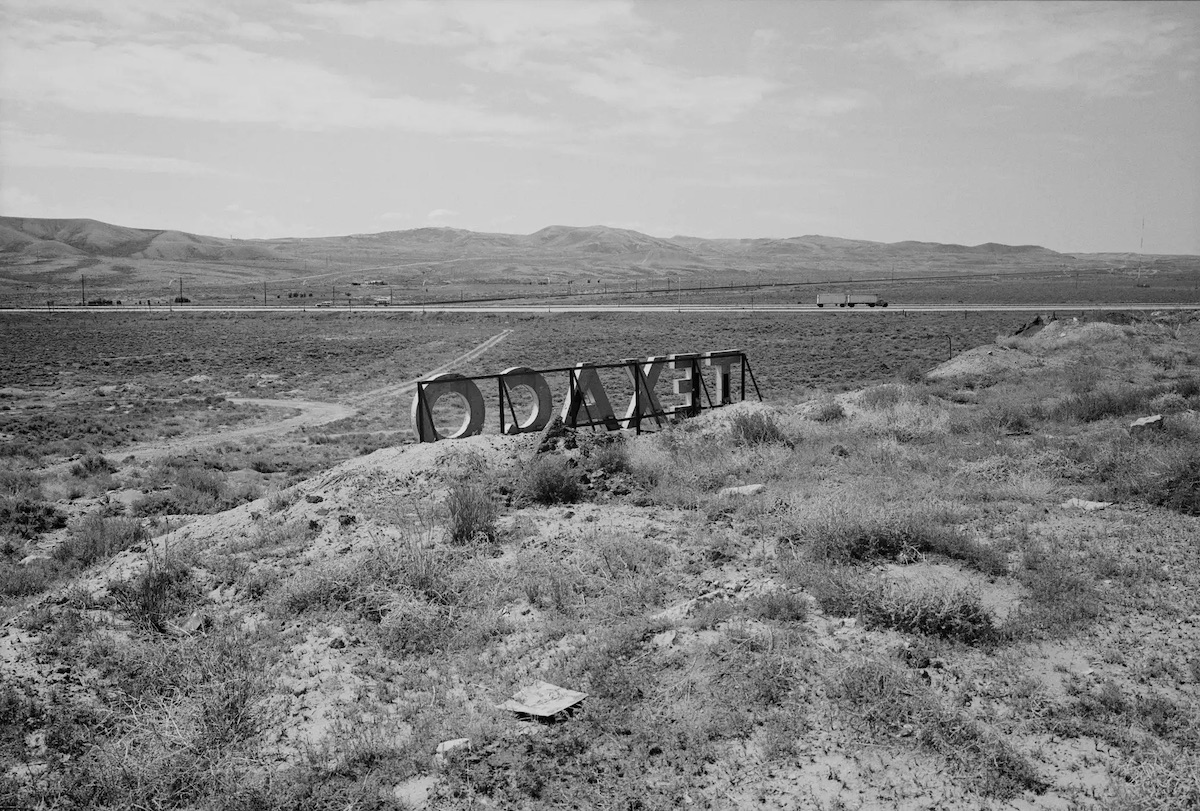
Finally, I climbed into the van, rolled down the window, looked a last time at the rented apartment. From a dead elm sparrow hawks used each year came a high whee as the nestlings squealed for more grub. I started the engine. When I returned a season from now—if I did return—thoses quabs would be gone from the nest.
Accompanied only by a small, gray spider crawling the dashboard (kill a spider and it will rain), I drove into the street, around the corner, through the intersection, over the bridge, onto the highway. I was heading toward thoselittle towns that get on the map—if they get on at all—only because some cartographer has a blank space to fill: Remote, Oregon; Simplicity,Virginia; New Freedom, Pennsylvania; New Hope, Tennessee; Why, Arizona; Whynot,Mississippi. Igo, California (just down the road from Ono), here I come.
– Blue Highways
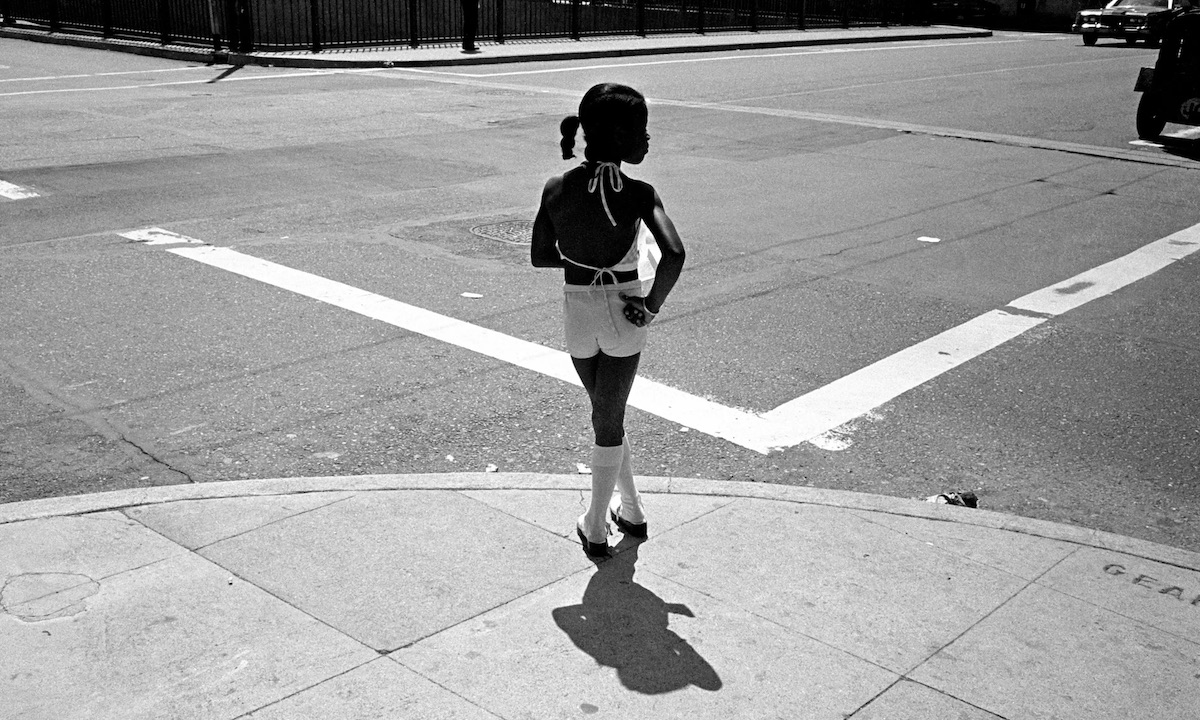
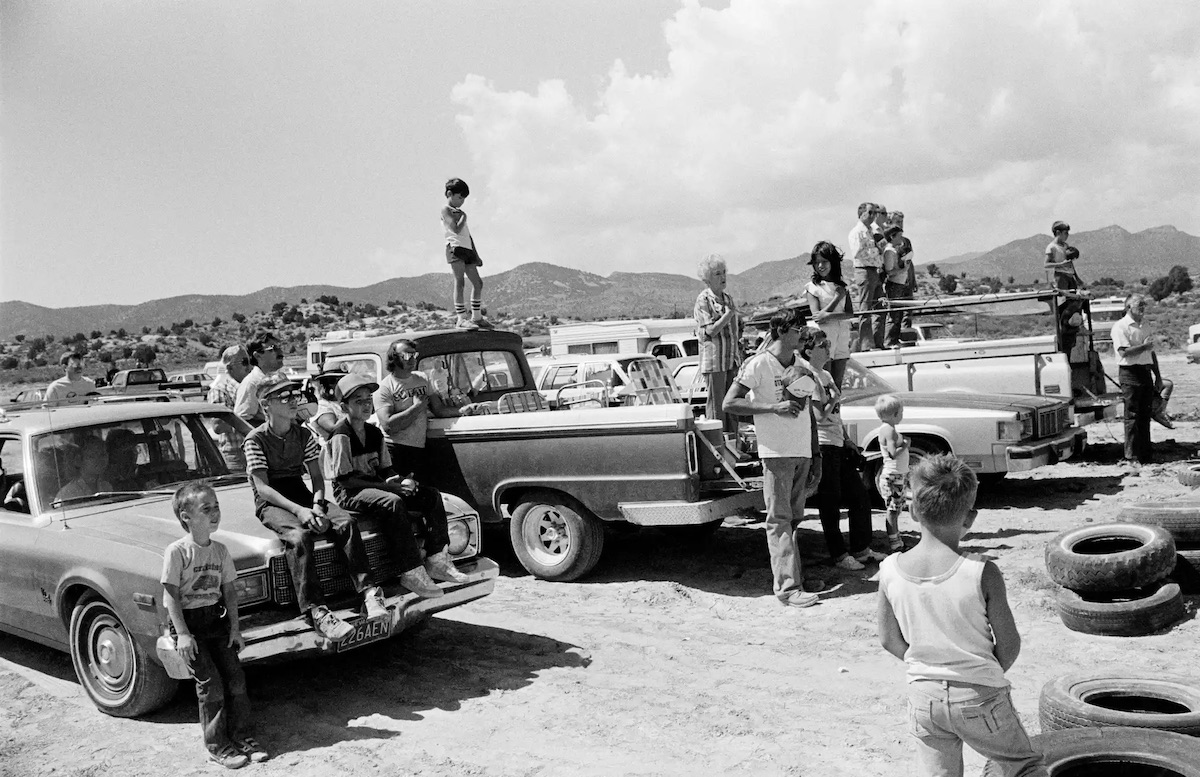
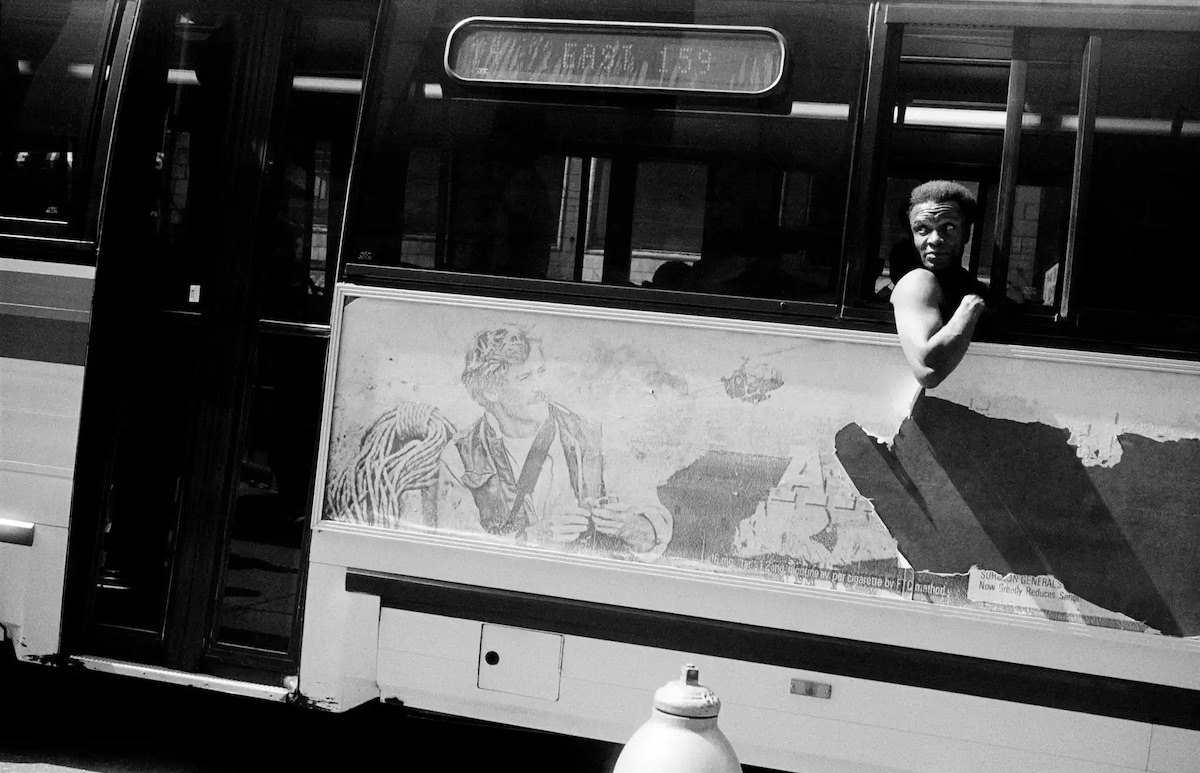
First night on the road. I’ve read that fawns have no scent so that predatorscannot track them down. For me, I heard the past snuffling about somewhere close.
– Blue Highway
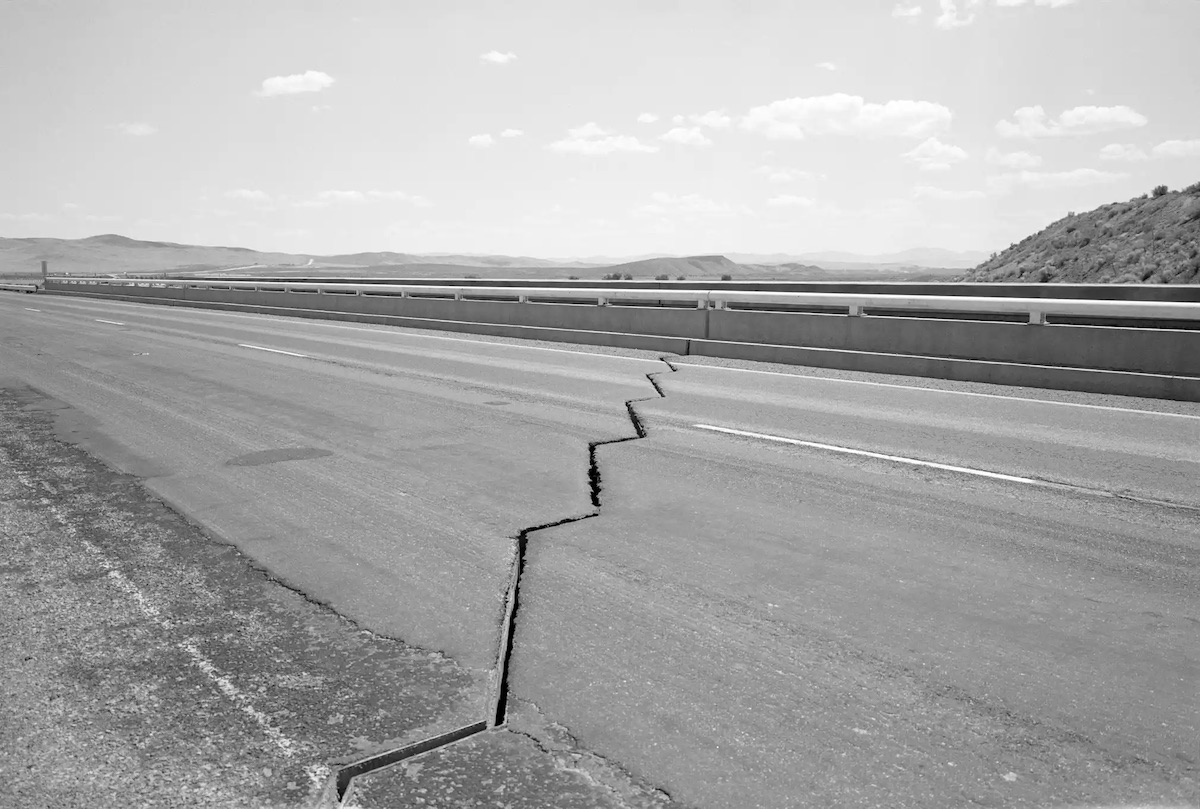
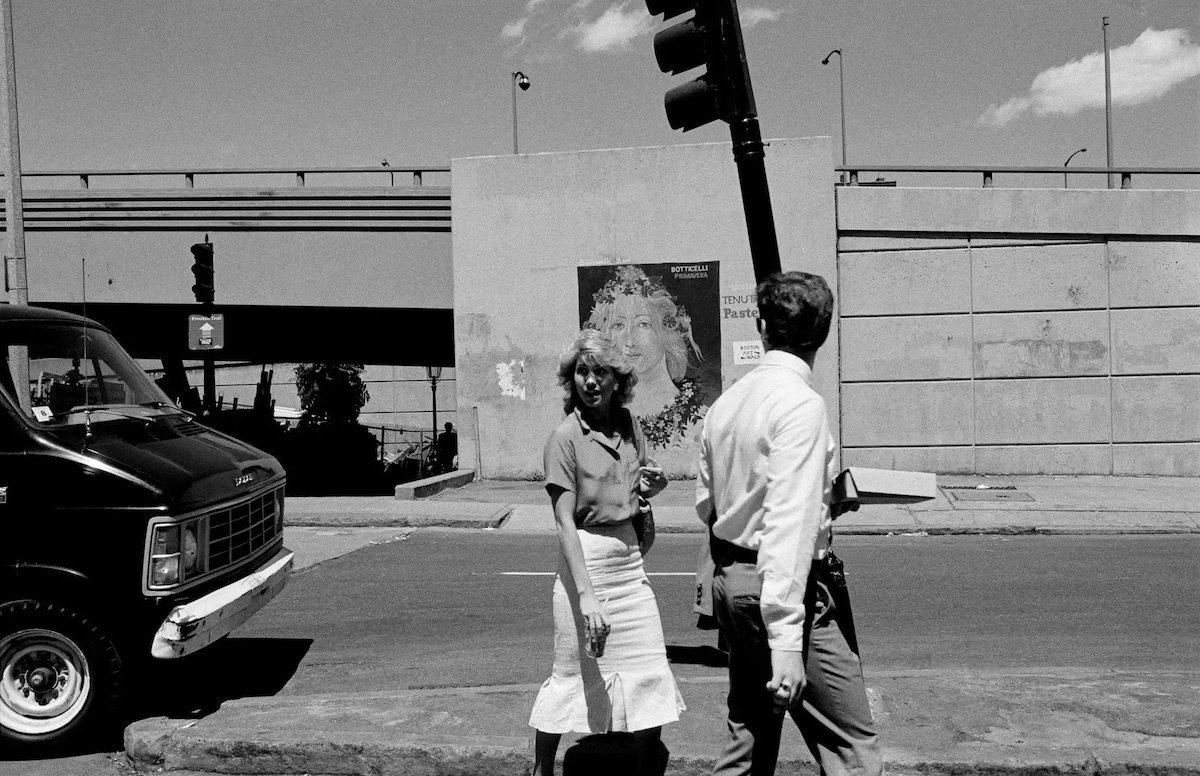
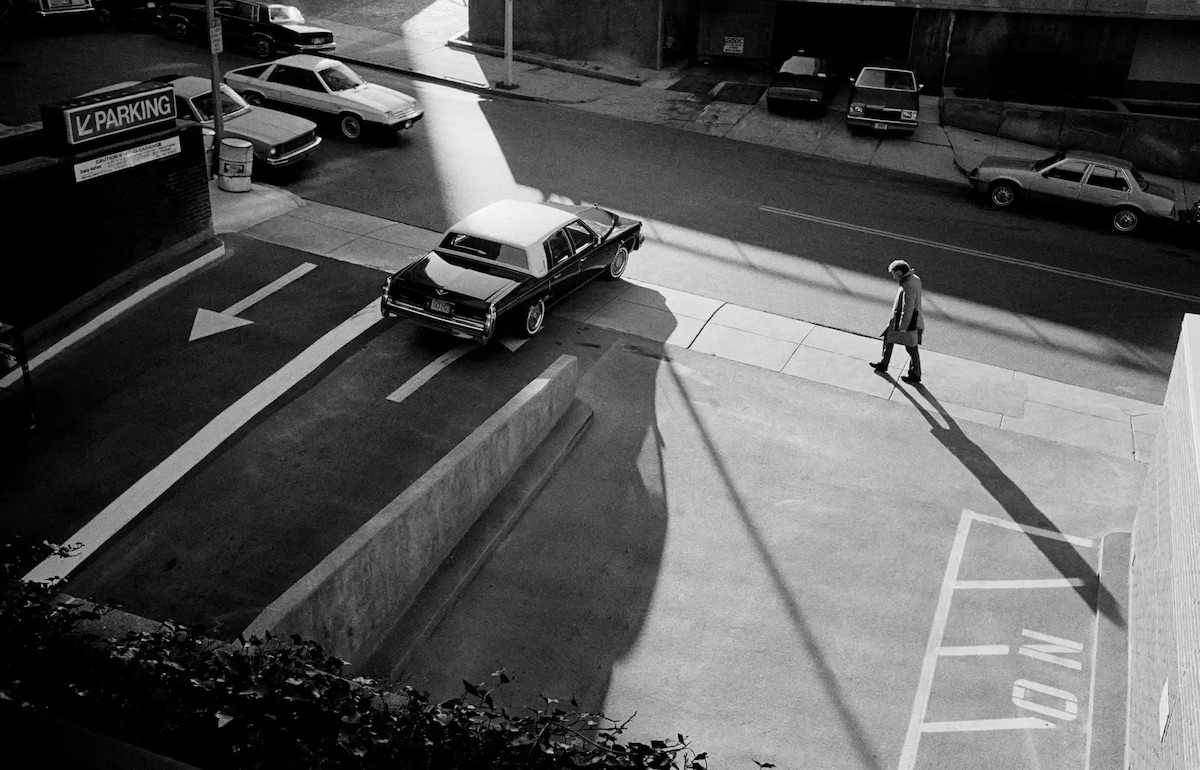
The rain came again in the night and moved on east to leave a morning of coolovercast. In Well’s Restaurant I said to a man whose cap told me what fertilizerhe used, “You’ve got a clean little town here.”
“Grayville’s bigger than a whale, but the oil riggers get us a mite dirty aroundthe ears,” he said. “I’ve got no oil myself, not that I haven’t drilled up asieve.” He jerked his thumb heavenward. “Gave me beans, but if I’da got my rightful druthers, I’da took oil.” He adjusted his cap. “So what’s your line?”
“Don’t have one.”
“How’s that work?”
“It doesn’t and isn’t.”
He grunted and went back to his coffee. The man took me for a bindlestiff. Next time I’d say I sold ventilated aluminum awnings or repaired long-rinse cycles onWhirlpools. Now my presence disturbed him. After the third tilt of his empty cup, he tried to make sense of me by asking where I was from and why I was sofar from home. I hadn’t traveled even three hundred miles yet. I told him Iplanned to drive around the country on the smallest roads I could find.
“Goddamn,” he said, “if screwball things don’t happen every day even in this town. The country’s all alike now.” On that second day of the new season, Iguess I was his screwball thing.
– Blue Highway
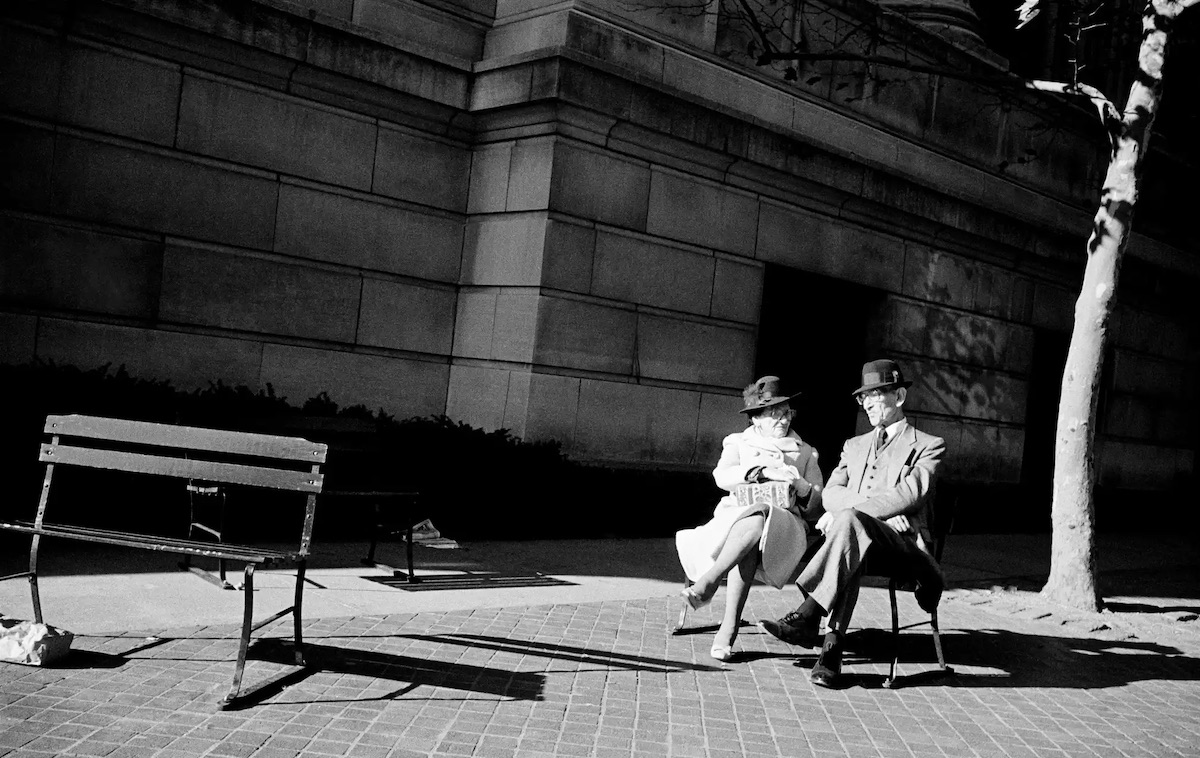
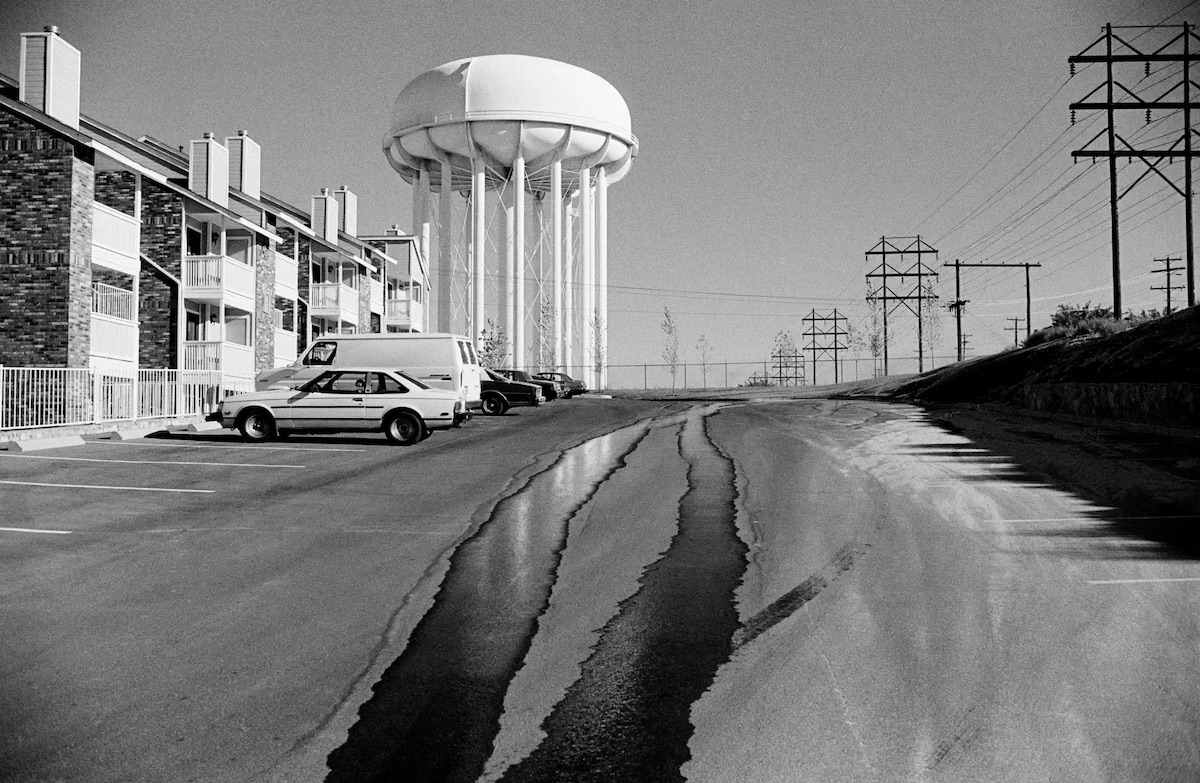
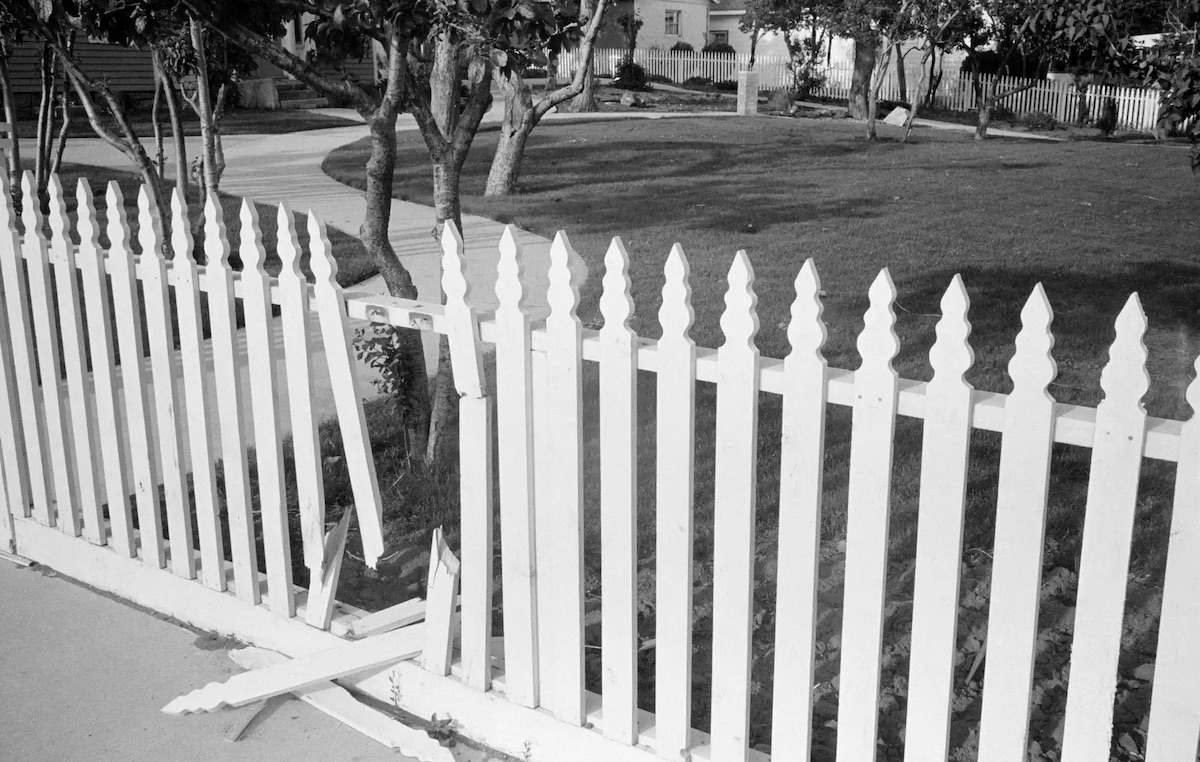
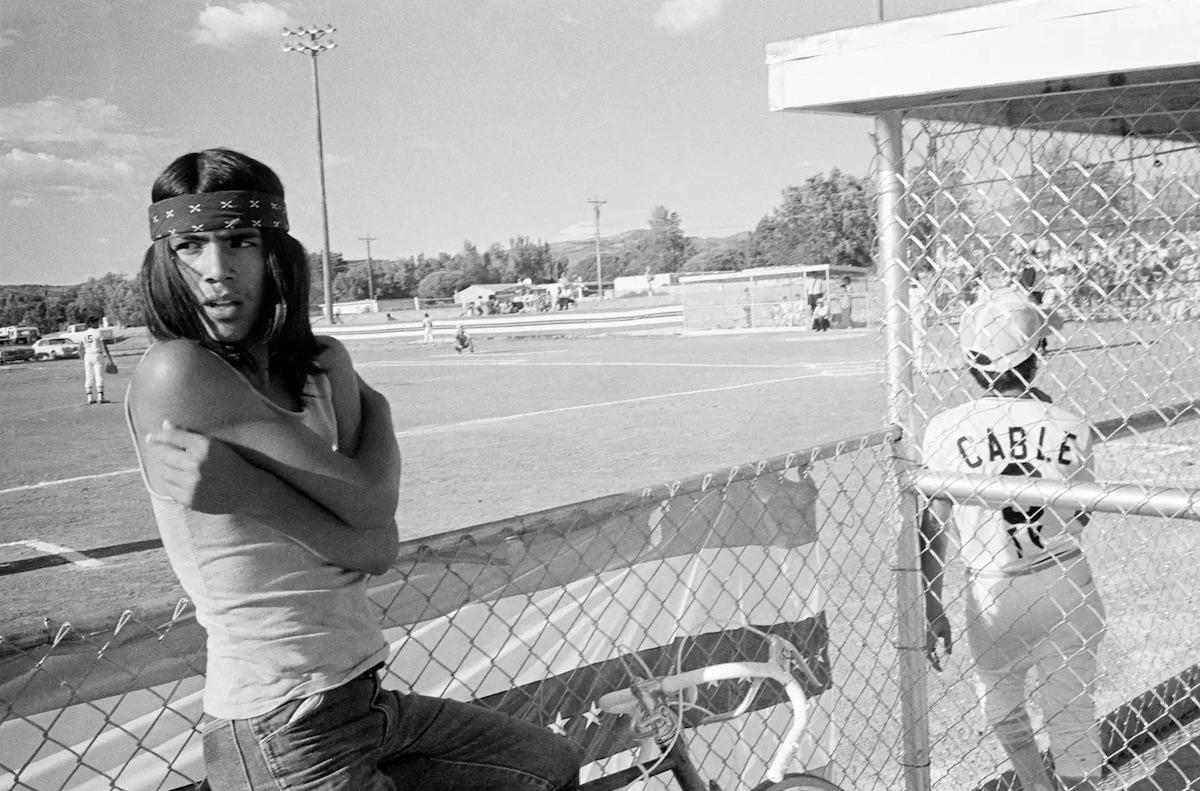
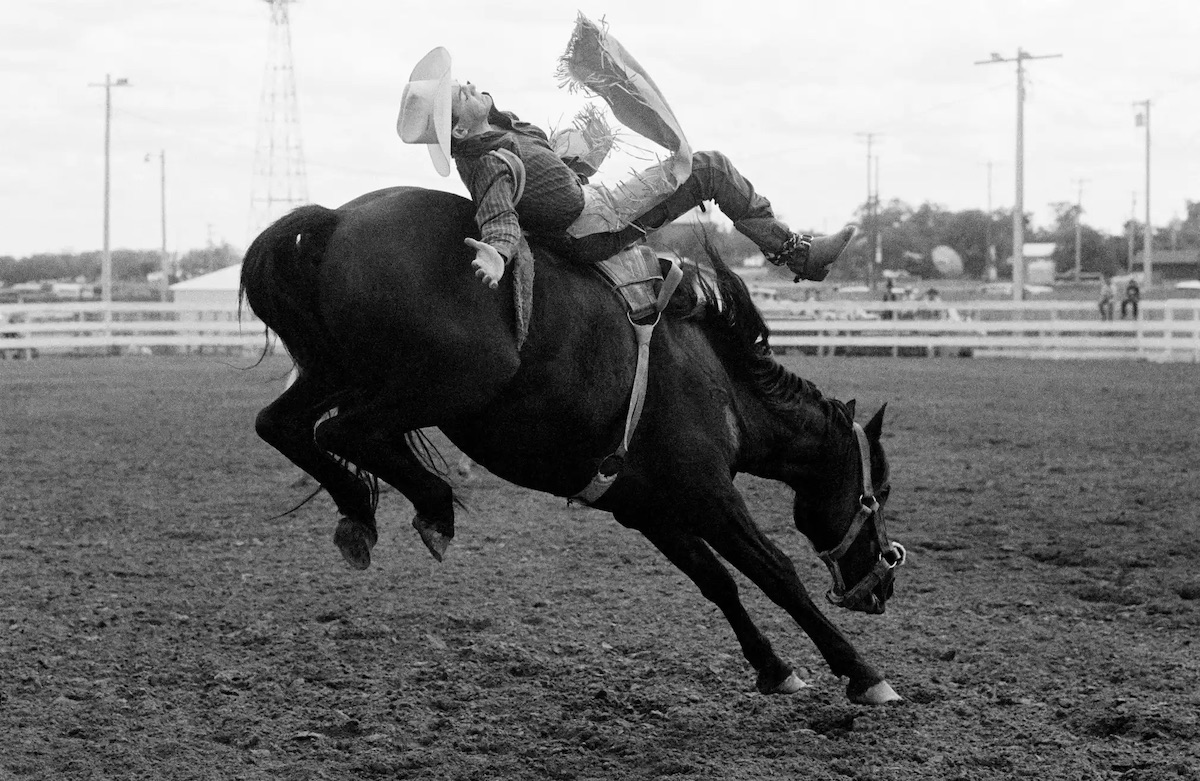
The book American Photographs is published by RRB Photobooks. All photographs: Michael Ormerod
Would you like to support Flashbak?
Please consider making a donation to our site. We don't want to rely on ads to bring you the best of visual culture. You can also support us by signing up to our Mailing List. And you can also follow us on Facebook, Instagram and Twitter. For great art and culture delivered to your door, visit our shop.











